It was the event which put the joy of six into thousands of Scottish households during the 1980s and early 1990s.
And it served up quickfire thrills between the best football clubs in Scotland, with a few guest sides from south of the Border, while introducing such innovations as rolling substitutes, yellow cards and a sin bin for offenders.
The Tennent’s Sixes, staged in January, offered both a post-Yuletide pick-me-up and a merciful relief from the hail, snow and frost outside, with the competition held indoors on a specially constructed artificial field.
And even if some of the more fuddy-duddy purists were sniffy about the format, there was never any chance of supporters growing bored with matches being played in two halves of seven and half minutes in the first round and two halves of 10 minutes when the competition reached the knockout stages.
If any of these games finished in stalemate, even during the group phase, that was no problem. A penalty shoot-out would be held and then it would be on to the next tussle in a fast, frenetic flurry of action.
It was also fascinating in its experimentation. Goalkeepers, for instance, could only hold on to the ball for six seconds to ensure there was no messing around and FIFA later adopted this rule for conventional football tournaments.
The organisers were also committed to stamping out dirty play and encouraging entertainment, sleight of foot and trickery from the participants. Anybody caught overstepping the mark was shown a yellow card by the referee and sent to sweat in the the sin bin for two minutes.
Quite apart from the normal range of offences, players could also be punished with a yellow card for the specific offence of deliberately kicking the ball over the perimeter wall to waste time. And if they moaned to the officials, the latter would simply stop the clock and tell them to get on with it.
This was football’s version of the IPL
No wonder there were lashings of publicity and hype surrounding the inaugural Sixes, which took place at Coasters Arena in Falkirk on January 16 and 17 January 1984, when the proceedings were televised on BBC Scotland.
Nine teams from the Scottish Premier Division season competed in the groundbreaking championship with every club earning £3,000 for appearing.
The tournament had a format of three group winners, plus the best runners-up qualifing for the semi-finals, and Rangers beat Dundee 6-4 in the final.
Yet one club was conspicuous by its absence.
And it was only later that details emerged of why Aberdeen had turned down their invitation in a fit of pique.
Alex Ferguson has never taken any nonsense from anybody, be it one of his players, a newspaper, a sponsor or even a national broadcasting corporation.
And he was in no mood to be forgiving when he crossed swords with Tennent’s after a typically fiery contest between his side and Rangers in Glasgow, where a Mark McGhee double knocked the stuffing out of the hosts.
The Press & Journal reported: “One of the beer firm’s representatives, who was sitting in the Ibrox directors’ box, was overheard to describe the Dons as ‘hooligans’. Naturally enough, the Aberdeen boss took exception to this remark and refused skipper [Willie] Miller permission to collect his man-of-the-match award from the sponsors at the end.”
Ferguson told the paper: “At this time of year, we are always thinking about going abroad for a week and we have just returned from Spain.
“We have to look at how many games we play in a season and the last thing I wanted to know anything about at this stage was a six-a-side competition.
“But we like to be involved with a company such as Tennent’s, who are willing to sponsor football. Their commitment to the game is to be admired.”
Most people thought it was a success
That initial foray into the swinging Sixes was the prelude to further events stretching all the way to 1993 when the format had fallen a little flat, with the Old Firm putting more emphasis on Europe than ‘minor’ domestic triumphs.
But the vast majority of the 4,000 supporters who packed into Coaster’s and managers such as Rangers’ Jock Wallace and Celtic’s Davie Hay spoke positively about the initiative and voted it a resounding hit.
And, whether or not he harboured any doubts, Ferguson and his team were to enjoy significant success at the festival in future years, despite being trounced 5-1 by Morton in the semis in 1985 at the Ingliston Showground.
They atoned for that performance 12 months later.
But if you needed an indication of how dramatically football has changed in the last 35 years, the evidence was served up when Manchester City were among the contenders for the Tennent’s Sixes at the SECC in Glasgow in 1986.
They came, they saw…and they bombed out of contention. The Maine Road men might have beaten Hearts, but subsequently suffered three defeats in a row, first to St Mirren (2-1) and then, astonishingly, to Dumbarton 4-0, before being put of their misery by Dundee during another heavy (4-1) loss.
In the other group, Aberdeen were serving notice of their threat with victories over Clydebank, Motherwell and Dundee United and, after disposing of Dumbarton in the semis, met St Mirren to scrap for the £10,000 prize.
Ferguson had added incentive to claim the spoils since he was in the closing year of his glorious stewardship at Pittodrie and, of course, he had been sacked by St Mirren before making the fateful move to the north east.
By this stage, the Sixes had swelled in popularity and 5,200 fans attended the denouement at the SECC, where some of the Dons’ leading lights proved altogether too skilful and ruthless for their opponents.
In the end, they won 3-0, with goals from Gothenburg Great John McMaster and an Ian Porteous brace, and their squad walked away with some decent cash for their efforts, including the main prize and an extra £1,000 for being the competition’s leading scorers. It was another bauble in the bag and the P&J carried the headline: “We are the indoor champions!”
They repeated it after Fergie had gone
Matters had changed a lot 12 months later, as Ferguson departed Aberdeen for Manchester United and was replaced by Ian Porterfield.
The latter, who had impossible shoes to fill in the first place, didn’t seem overly enthused about organising the Dons’ bid to retain their Sixes title.
He said: “We could have taken the players away to the Mediterranean for a couple of days to get in some bounce matches had we not got the Tennent’s Sixes on this weekend. We are having to work indoors or on the all-weather car park across from Pittodrie. It is not ideal.”
Thankfully, Alex McLeish and his colleagues were in more upbeat mood as they travelled to Glasgow. And, once again, they secured the championship after coming from behind to edge out Hearts 4-3 in the final.
There was plenty of life left in the format as the Eighties progressed, with Ol’ Big Head Brian Clough bringing Notts Forest to Scotland in 1988 – the year when Dundee claimed the top prize with a 3-2 win over Motherwell.
But, gradually, squads grew weaker and clubs chose to concentrate on other priorities. Rangers and Aberdeen both forfeited their appearance money after sending depleted line-ups in 1990 and they were absent altogether, along with Dunfermline, in 1992, by which time the writing was on the wall.
And the death knell came the following year when Tennent’s confirmed it was withdrawing from the Sixes deal to focus more on its sponsorship of the Scottish Cup. Which means that Partick Thistle, who tasted rare success in the 1993 tournament, are the last club to have to their name on the trophy.
Couldn’t the event be revived?
All the same, there was nothing intrinsically wrong with the concept of the Sixes – or at least not if it had been held at a different time of year.
How better to warm up for the season – and whet the fans’ appetite for a new campaign – than by resurrecting the format after the summer break and allowing clubs to bond in an informal set-up before bigger challenges arrive?
Because, make no mistake, this was a genuinely thrilling caper when it originally launched and it made for an ideal TV spectacle.
And, if it prospered in the 1980s, why not the 2020s?
More like this:
1982 Scottish Cup final: When Aberdeen’s youngsters ran Rangers oldies ragged
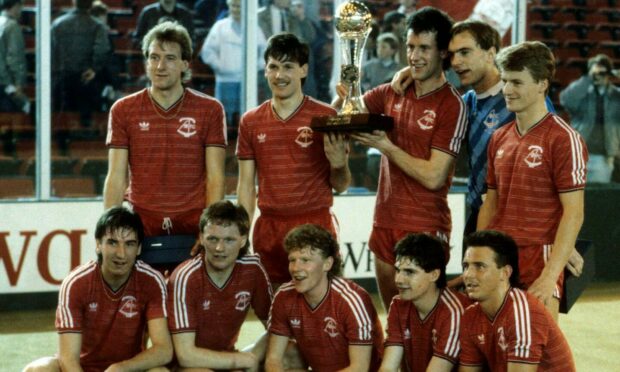
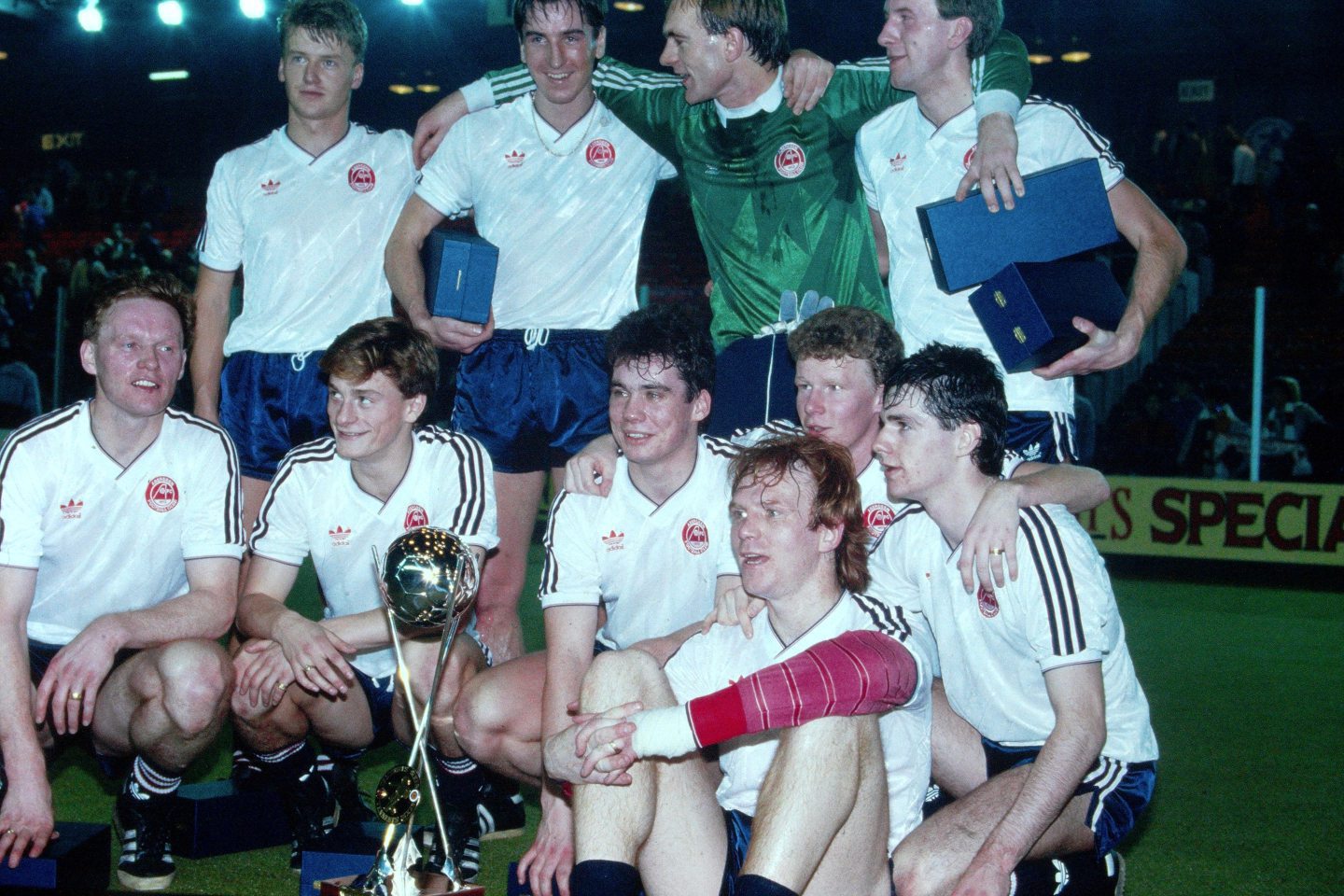
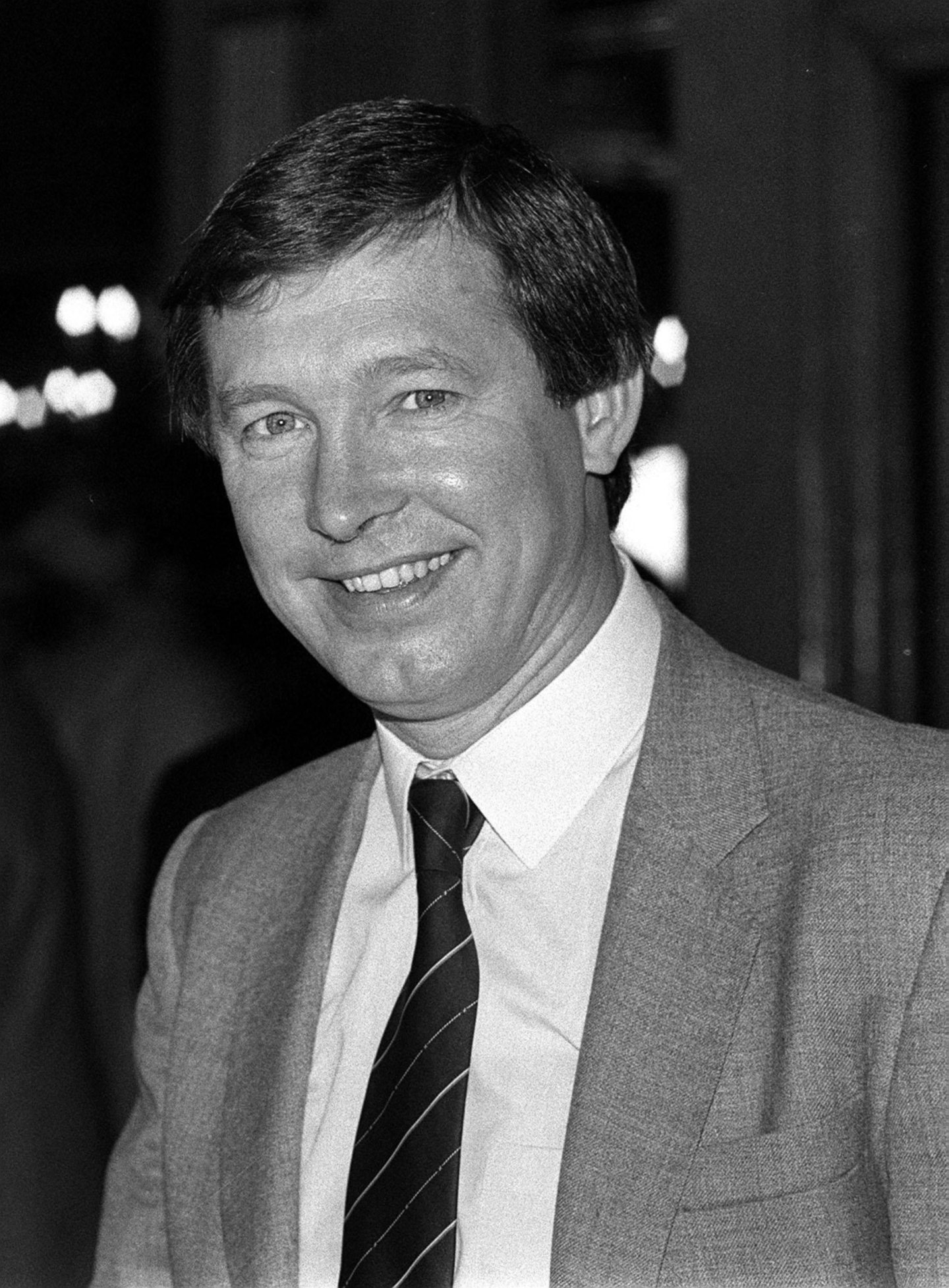
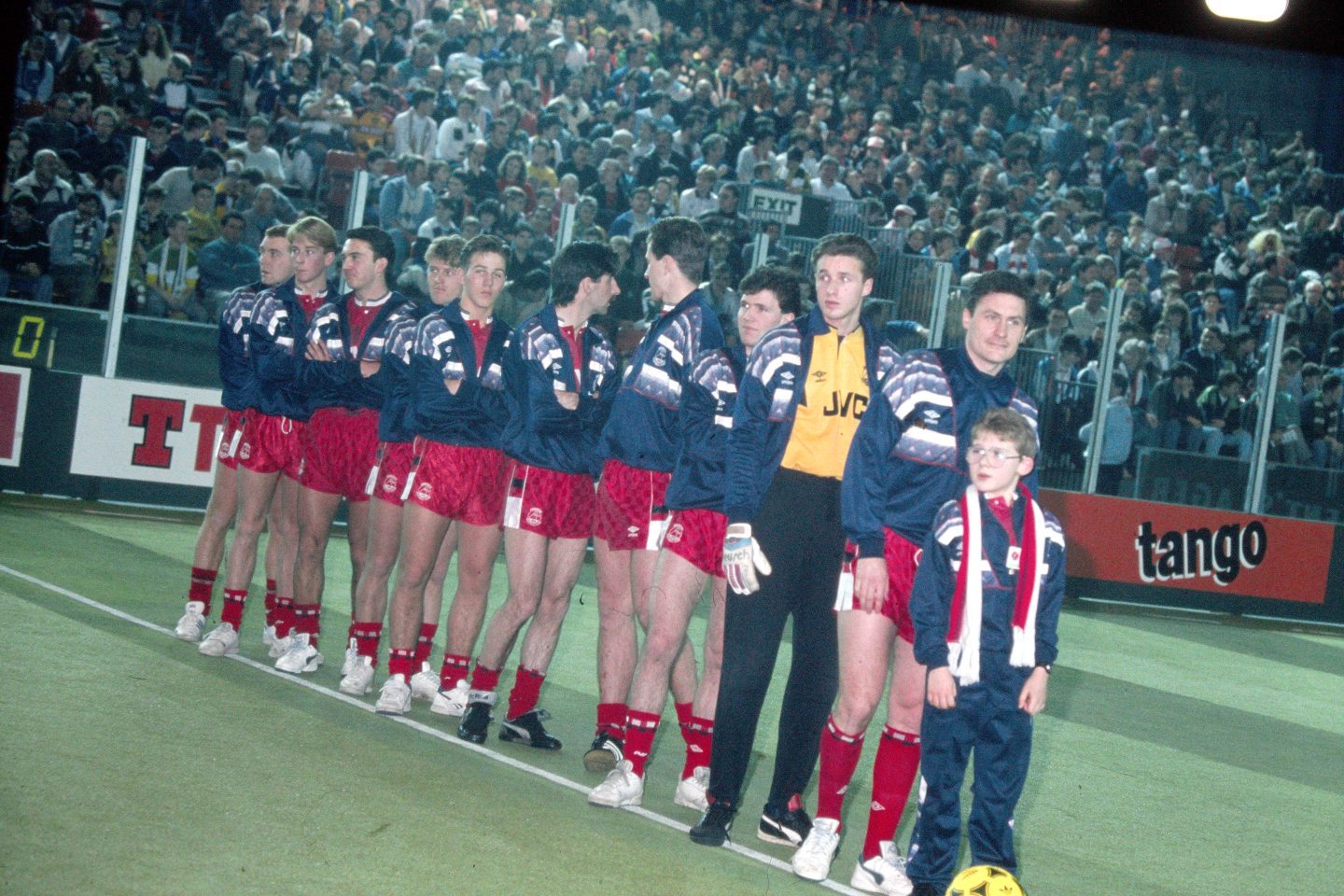
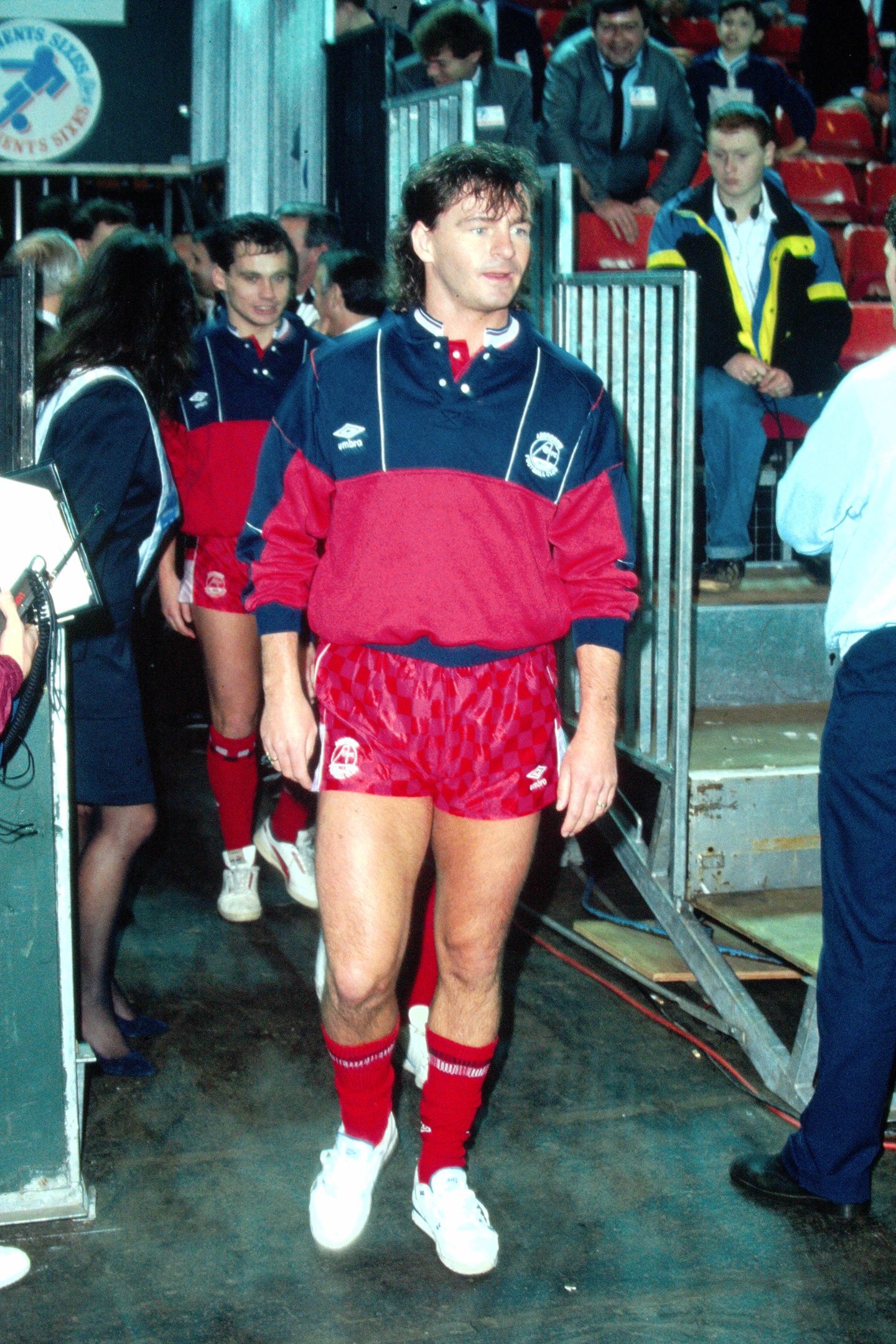
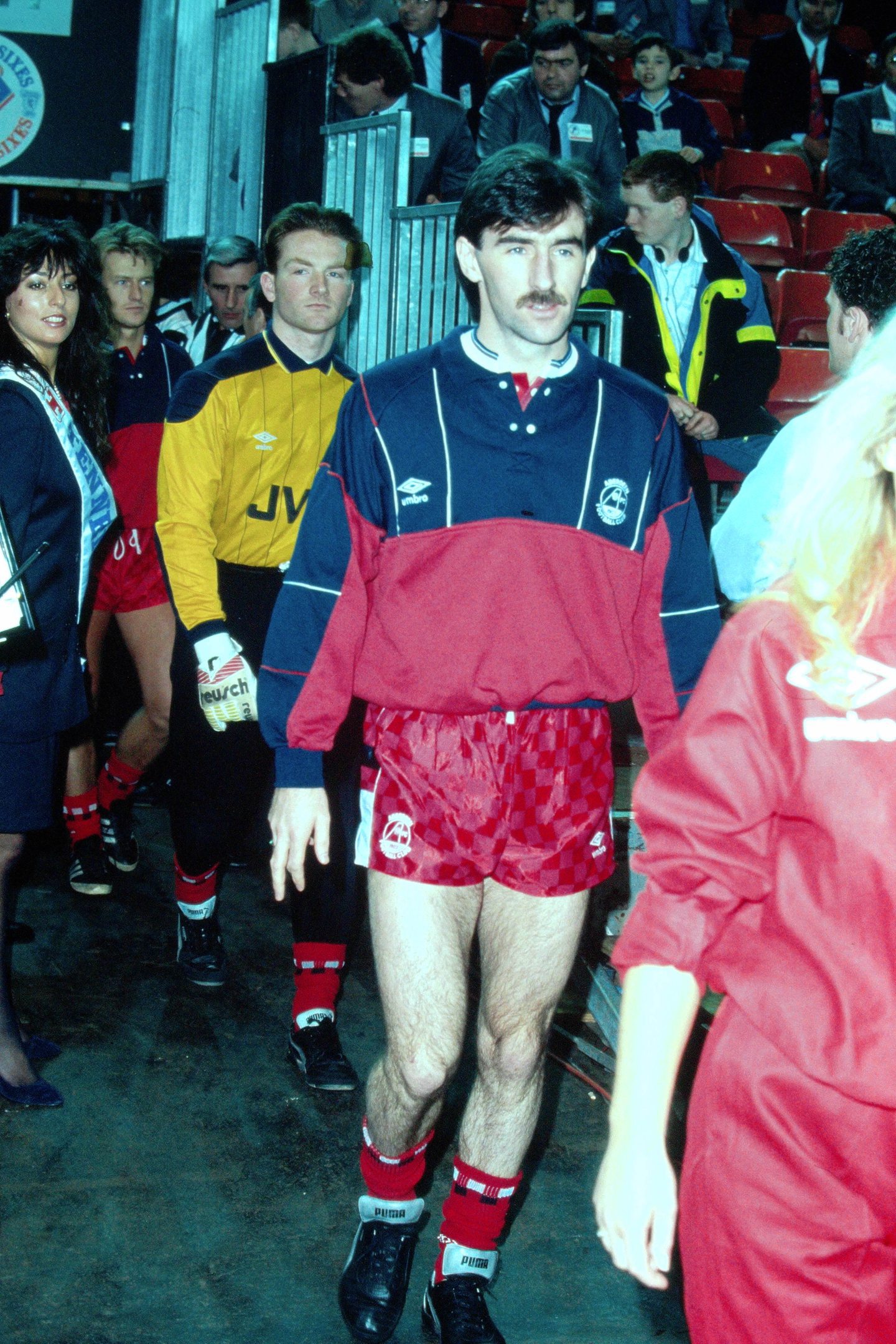
Conversation